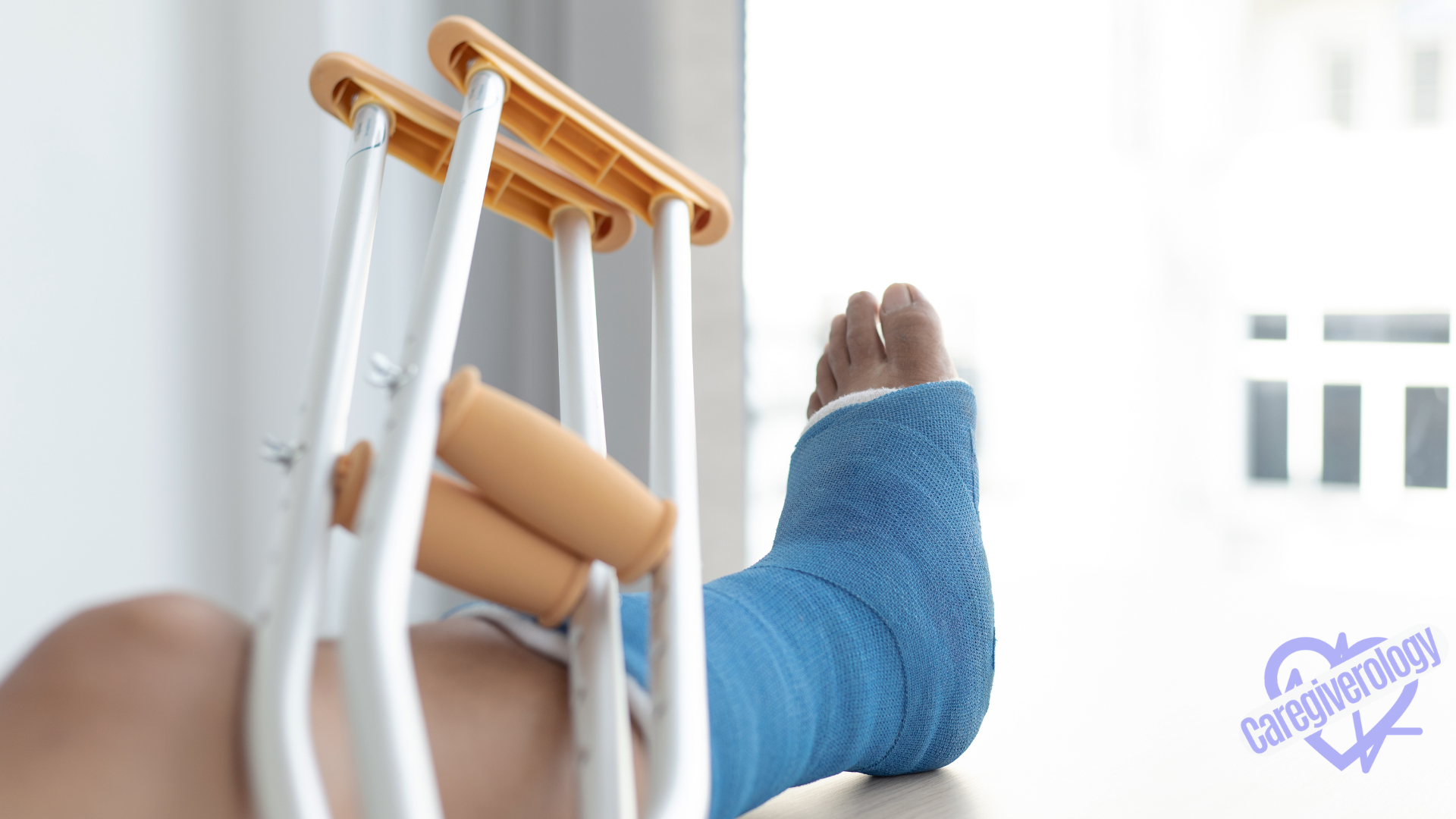What to do when you can no longer care for your loved one with Alzheimer's Disease
As a caregiver, you may find that your loved one needs more care than you can provide at home. You may feel overwhelmed, exhausted, and even resentful. Understanding that these are all normal reactions to caring for someone with Alzheimer's is essential.
Learn Consider Think Remember Self Find Respite Research Help Support Final
Learn about Alzheimer's disease:
Alzheimer's disease is progressive, and your loved one's needs will change over time. Finding a facility that can provide the level of care your loved one needs and the support you need as a caregiver is essential.
You may be considering moving to a long-term care facility, such as an assisted living or nursing home. This can be a difficult decision, and it is essential to do your research to find the best possible care for your loved one.
How to consider what your parent with Alzheimer's would want
It can be challenging to think about what your parent with Alzheimer's would like, as they may not be able to communicate their wishes.
However, it is essential to consider their preferences, as this can help you make the best decision for their care.
Some things to think about include:
- What type of facility do they want to live in?
- What type of care do they need?
- What is their budget?
- What is their religious or cultural affiliation?
- What are their social needs?
- What are their medical needs?
Things which need To Remember If You Love Someone With Dementia
It's hard to watch someone you love go through dementia. The person you once knew seems to disappear, and they may even say or do things out of character. It's important to remember that the person with dementia is still the same, just with a disease affecting their brain.
A few things to remember if you love someone with dementia:
- Be educated about the disease: The more you know about dementia, the better you will know what your loved one is going through and how to best help them.
- Be realistic in your expectations for yourself and your loved one: Dementia is a progressive disease that will eventually take its toll on both of you. It's essential to be realistic about what you can handle and what your loved one is capable of.
- Take care of yourself: It's essential to care for your own physical and mental health while caring for someone with dementia. This can be a challenging and emotional journey, and you must ensure you take care of yourself to best care for your loved one.
- Seek out support: Many resources and support groups are available for caregivers of people with dementia. Don't be afraid to seek out help when you need it.
- Give them independence when possible: Even though they may need help with everyday tasks, it's essential to allow your loved one to do as much as they can on their own. This will help them feel a sense of independence and dignity.
- Communicate with other family and friends: Keeping other family members and friends updated on how your loved one is doing is essential. They can offer support and help with caregiving duties.
- Seek professional help when needed: Many professionals can help you and your loved one through this journey. Don't be afraid to seek out their help when you need it. Consider local memory care facilities when you feel you can no longer care for your loved one at home.
- Maintain a current list of medications: Keeping a list of all the medicines your loved one is taking and any dosage changes are essential. This will be helpful for both you and their medical team.
- Have a plan in place: As the disease progresses, it's essential to have a plan for your loved one's care. This can include the power of attorney, advance directives, and financial planning.
- Plan daily for physical exercise: Exercise is essential for your physical and mental health. It can also help reduce some of the symptoms of dementia.
- Stimulate their mind: Keeping their mind active can help slow the progression of dementia. Many activities can help stimulate their mind, such as reading, puzzles, or listening to music.
- Don't underestimate the power of good nutrition: Eating a healthy diet can help improve both your physical and mental health. It's also essential for people with dementia, as good food can help slow the progression of the disease.
- Make sure their home is safe: As the disease progresses, it's essential to ensure their home is secure. This includes things like removing tripping hazards, installing handrails, and making sure there is adequate lighting.
- Be patient: One of the most important things to remember is to be patient. Dementia can be difficult and frustrating, but it's important to remember that your loved one is still the same person, just with a disease affecting their brain.
- Be prepared for the end: While it's challenging to think about, it's essential to be ready for the day when your loved one will no longer be with you. This can include making funeral arrangements and having a support system in place.
Self-care for caregivers
Taking care of your own physical and mental health while caring for someone with dementia is essential. This can be a difficult and emotional journey, and you must ensure you take care of yourself so you can give the best care for your loved one.
Find Engaging Activities and Encourage Socialization
It's essential to keep their mind active and encourage socialization as it can help slow the progression of dementia. Many activities can help stimulate their mind, such as reading, puzzles, or listening to music.
Take Advantage of Respite Care
Respite care is a temporary break from caregiving duties. It can be used for a few hours, days, or weeks. This can give you the time to take care of your health and well-being. Many different respite care options are available, such as in-home care, adult daycare, or short-term stays in assisted living facilities.
Research Alzheimer's Behaviors and How to Manage Them
As the disease progresses, your loved one may start to exhibit certain behaviors. It's essential to research these behaviors and how to manage them best. This can help make the journey easier for you and your loved one.
Seek Professional Help
Many professionals can help you and your loved one through this journey. Don't be afraid to seek out their help when you need it. This includes counseling, support groups, or Alzheimer's care facilities.
Join a Caregiver Support Group
Joining a caregiver support group can be a great way to meet other people who are going through the same thing as you. It's a place where you can share your experiences, get advice, and have someone to talk to who understands what you're going through.
Below are a few things to keep in mind when searching for an Alzheimer's care facility:
- Make sure the facility is licensed and accredited.
- Read reviews of the facility, if possible.
- Tour the facility to see if it is a good fit for your loved one.
- Ask about the staff's training and experience in caring for people with Alzheimer's.
- Find out what type of care and services the facility offers.
- Ask about the cost of care and whether the facility accepts your loved one's insurance.
The Bottom Line
Caring for a loved one with Alzheimer's can be a difficult and emotional journey. However, there are ways to make it a little bit easier. It's essential to take care of your physical and mental health. You should also find ways to keep their mind active and encourage socialization. Also, don't be afraid to seek professional help when needed. And finally, joining a caregiver support group can be a great way to meet other people who are going through the same difficulties as you.
Thank you Johny Kershaws for contributing this article.
Guest Articles Written for Caregiverology
From What to do when you can no longer care for your loved one with Alzheimer's Disease to Home
Recent Articles
-
Lifestyle Medicine Explained: Guiding You Back to Better Health
Apr 20, 25 09:51 AM
Did you know that 80% of chronic diseases—like heart disease, diabetes, and obesity—are preventable through lifestyle changes? Yet, many people rely solely on medication rather than addressing the roo… -
What to Expect During Post-Operative Recovery at Home - Caregiverology
Apr 08, 25 08:21 PM
Surgery may be over, but the journey to full recovery is just beginning, and for many people, the hardest part happens after they leave the hospital. -
How to Plan for Aging: Financial, Health, and Lifestyle Considerations
Mar 29, 25 12:40 PM
Did you know that 70% of people over 65 will need some form of long-term care? Yet, many delay planning until it’s too late. Aging is inevitable, but how we experience it depends on preparation.





New! Comments
Have something to say about what you just read? Leave a comment in the box below.